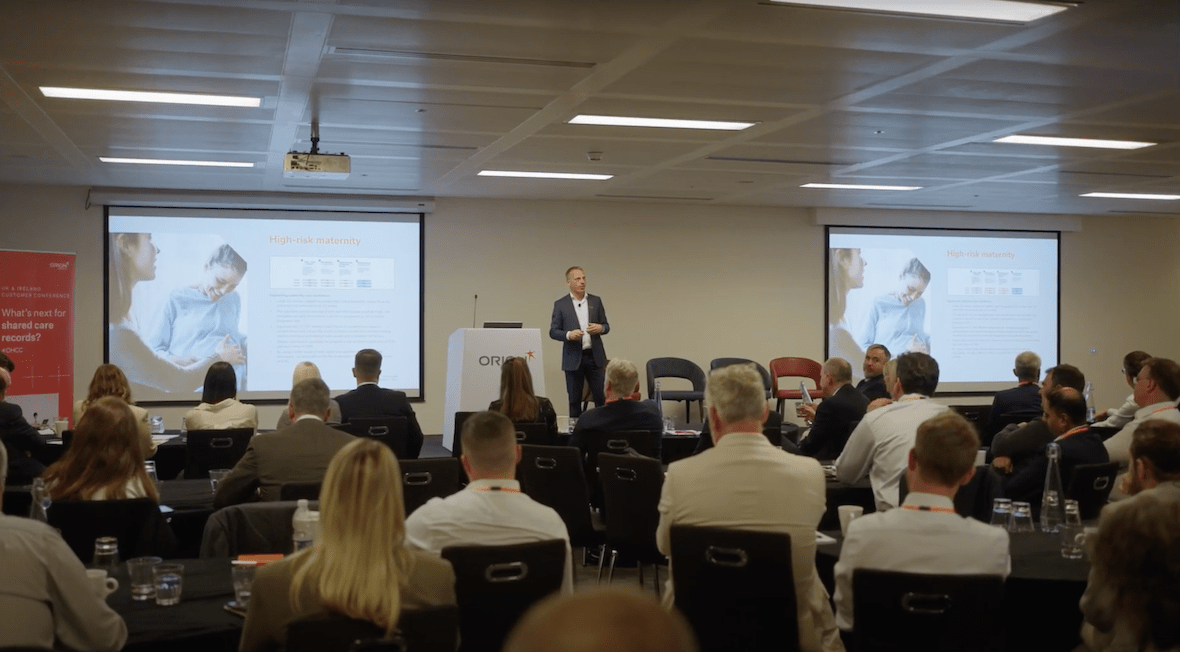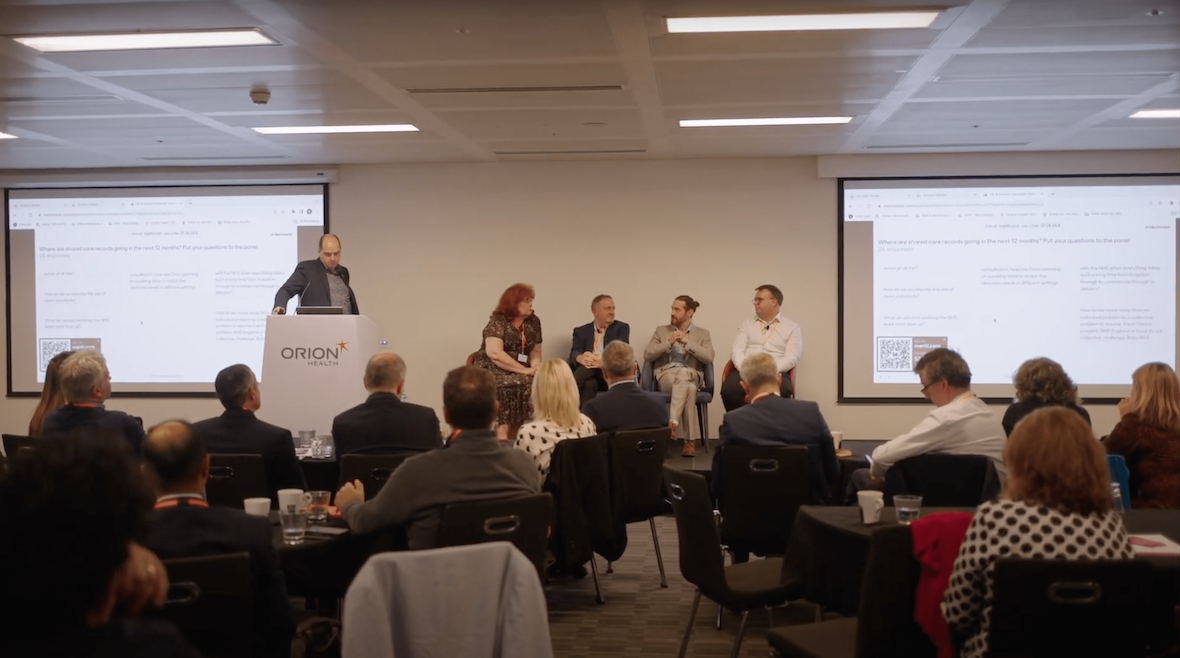Through the ages, the quality of healthcare available to patients has risen dramatically, with research and data the driving force behind to this improvement.
Trail blazers like Florence Nightingale are amongst the many healthcare professionals who’ve demonstrated the positive impact that research and evidence can have on care.
Nightingale’s exploits as a nurse are well known, but her work as a statistics pioneer – who presented her analysis using graphs to more easily draw conclusions and determine the right course of action – was an early demonstration of the importance of having good information to provide better care.
But while data has been key to healthcare advancements, the privilege of using the data comes with specific responsibilities. As health data continues to proliferate, questions on how the privacy and security of that data are being asked that would have been foreign in Florence’s day.
Why is privacy and security important in healthcare?
Clinical research plays a key role in improving healthcare. Through research, the medicines and medical devices that help treat us can be improved – but to do this, researchers require access to accurate, comprehensive clinical data.
The network of organisations creating and attempting to use this data is complex. Thousands of institutions around the world are involved in the collection, transfer, and use of information about patients, generating approximately a zettabyte (that’s a trillion gigabytes) of data annually – an amount which is doubling every two years.
Privacy is the foundation of good medical practice. This is particularly true in clinical research, where health systems are traditionally – and rightly – protective of who can access their data. Reasons for this can include safeguarding patient privacy and data security, ensuring the integrity of the research, or preserving a competitive edge.
Whatever the reason, good data governance is important. Health data used for research must be cross-checked to ensure accuracy, security, and compliance with state and local regulations.
A new way to empower data driven research
The strict requirements needed to maintain data privacy and security demonstrate just some of the challenges that researchers face (which you can read more about in this previous post).
An ‘intelligent’ modern data platform – or one which uses machine learning technology to perceive and respond to the world around it based on the data it receives – can help remove the roadblocks which researchers currently face.
This system aggregates all types of population or patient-level health data and securely transmits it to authorised researchers while maintaining patient privacy and confidentiality. Such a system will allow researchers to unlock the full potential of health data more easily.
It will have the ability to scale up quickly to handle large surges in data, allowing it to keep pace with the growing wave of data that is being generated.
Single source of truth
Built using modern technology and with Application Programming Interfaces (APIs), modern data platforms will be ‘open’. This will make data easy to access and combine for research and allow third parties to easily integrate with the platform.
The platform will be able to aggregate and curate all types of traditional and emerging health data, and greatly simplify and speed up the current research process.
A modern platform like this also supports good data governance and combines security controls, access permissions, and data use permissions, such as individual consent, in one place. This mitigates the risk many organisations currently face in trying to govern data spread across multiple un-interoperable systems.
Want to learn more?
Read more in our previous blog, Clinical healthcare research – challenges and opportunities.



